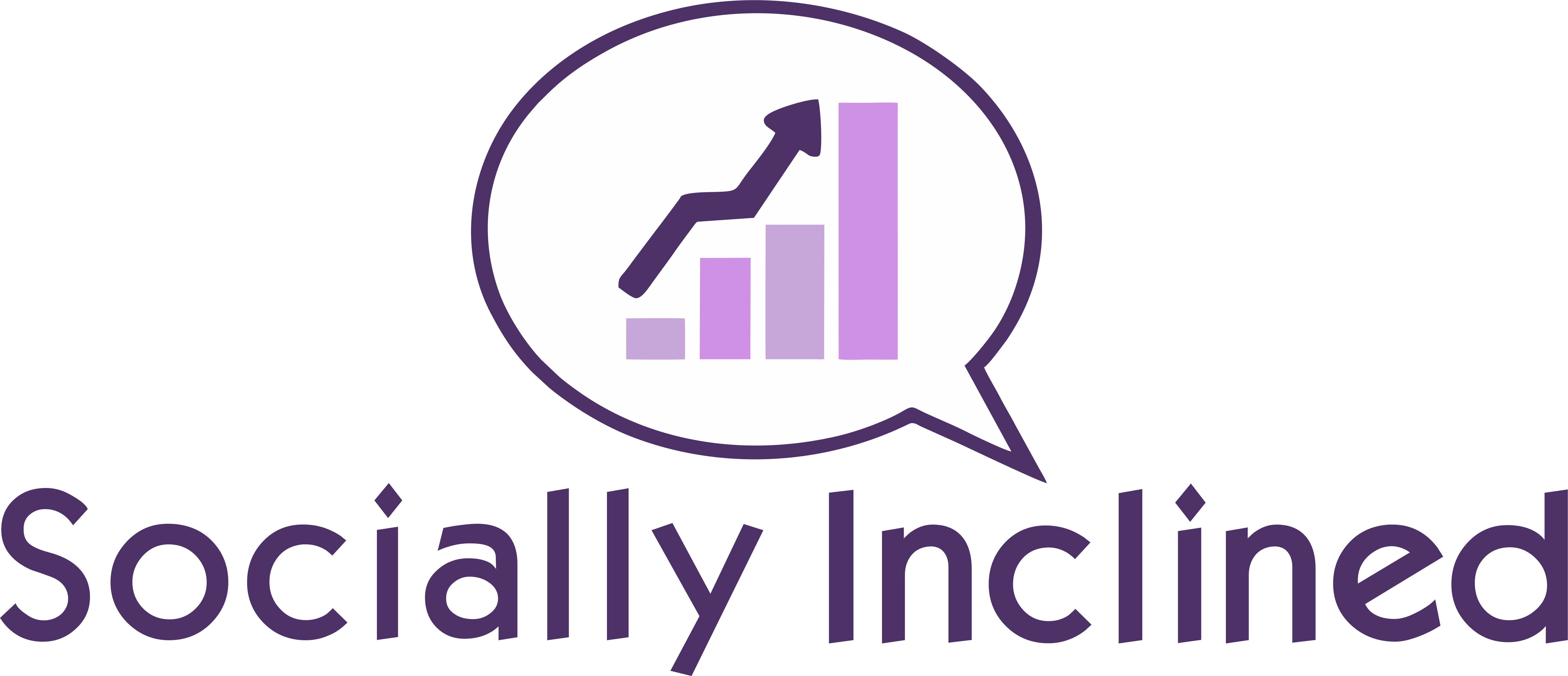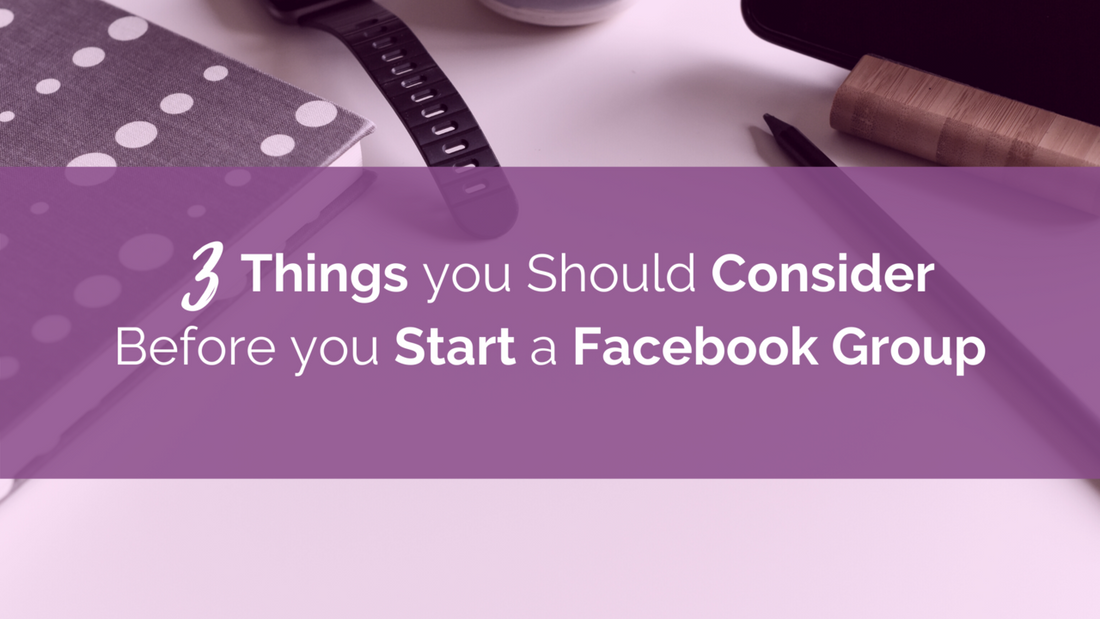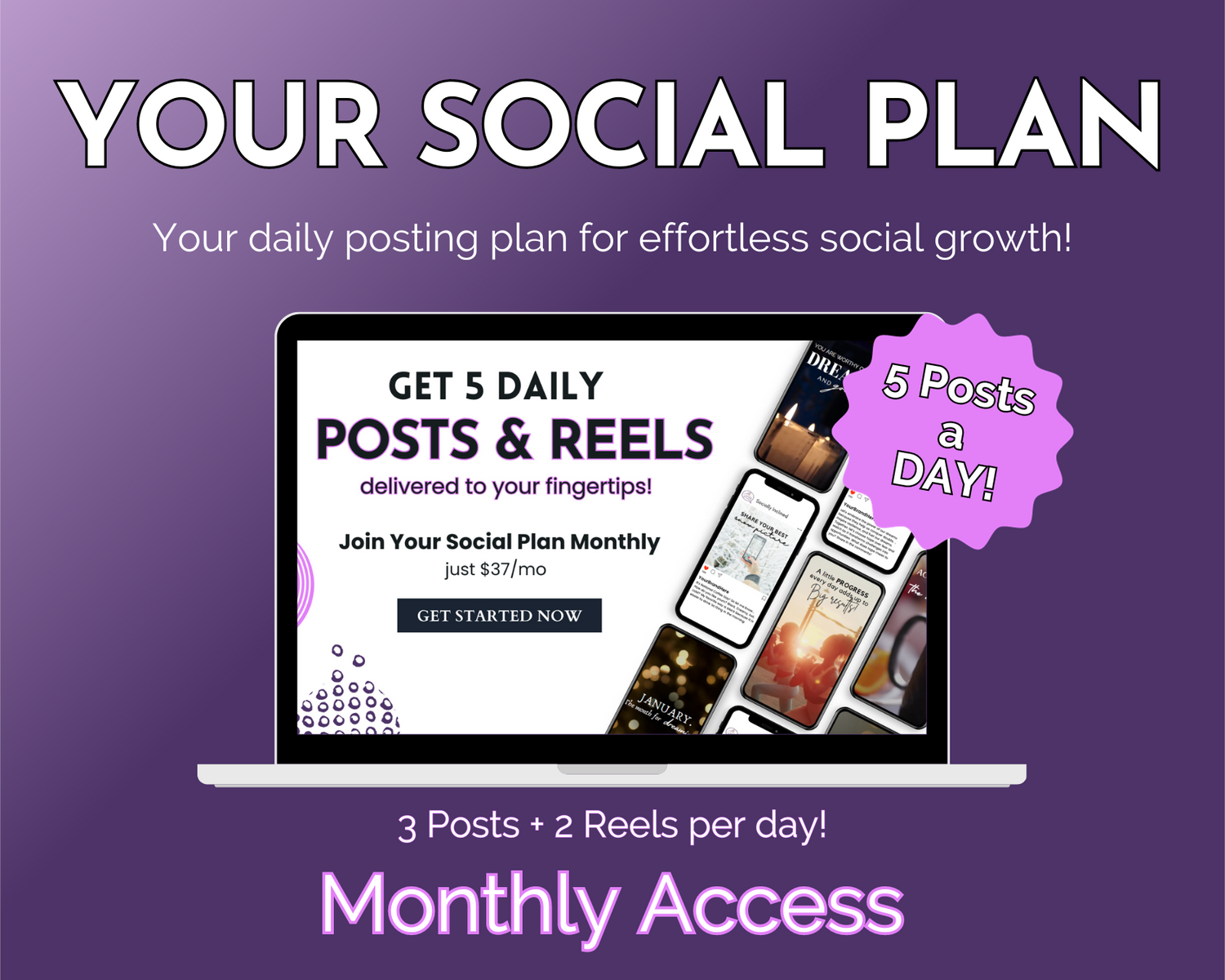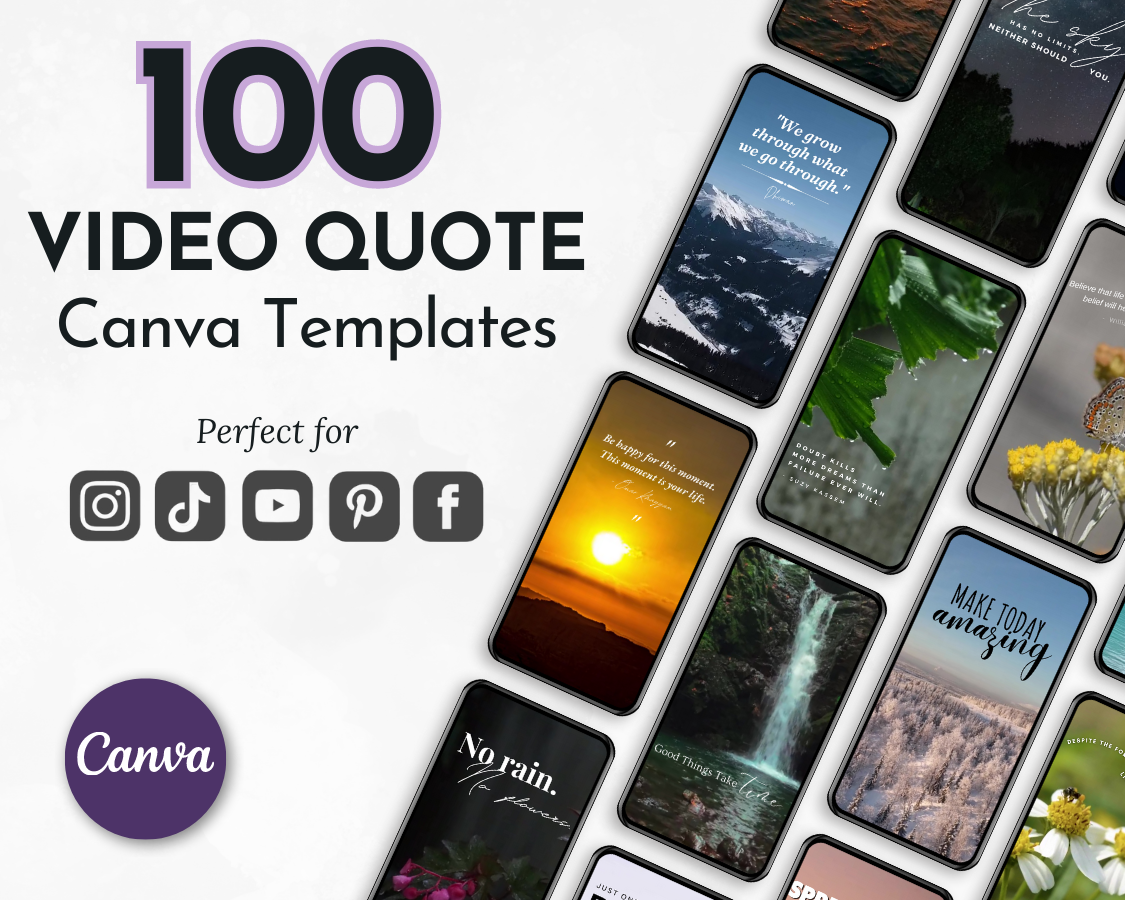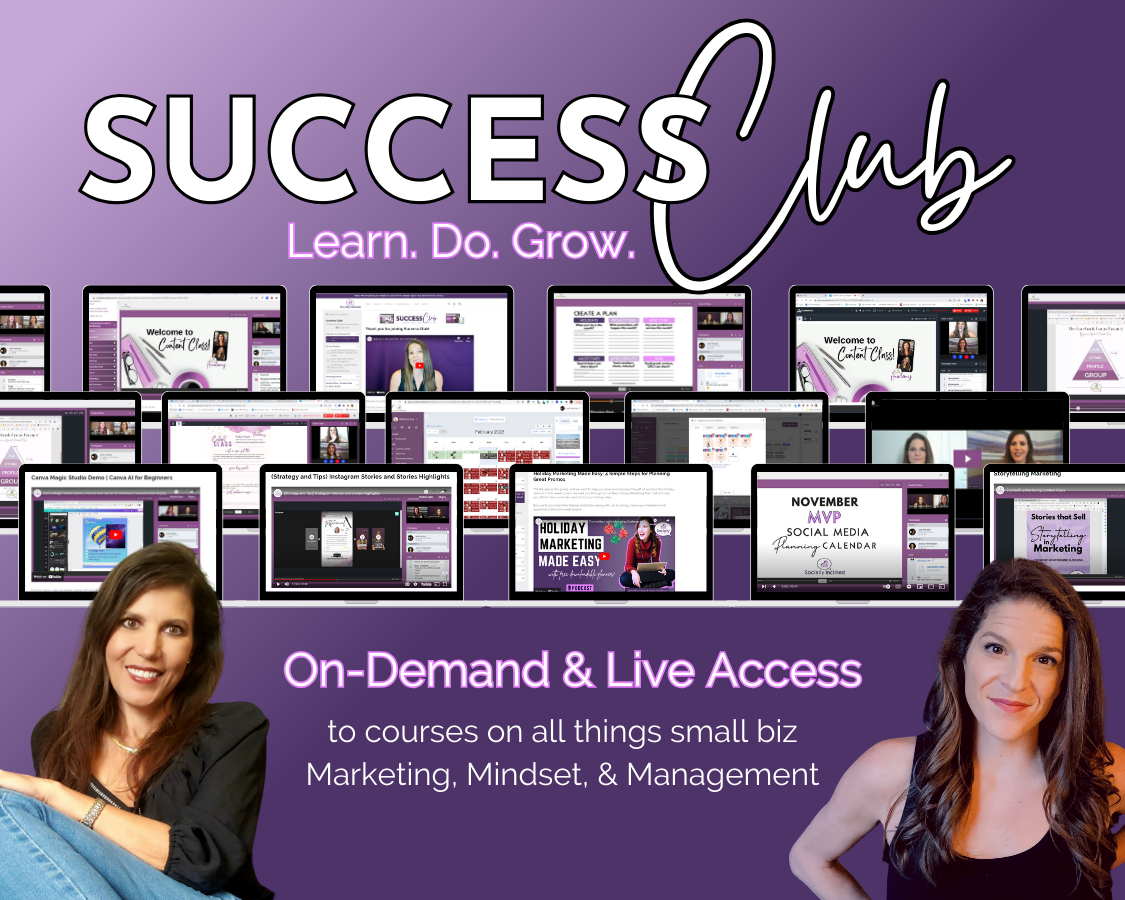Starting a Facebook group lets you connect with your customers in new and exciting ways.
Having your own Facebook Group for your business allows you to better control the online conversation because it's a less distracting place than on your public newsfeed. You can also use features in Facebook Groups like Guides to deliver great value and establish your expertise on your subject. You can even start conversation threads or maybe even a Room and get feedback from your members within just a few minutes.
But creating an amazing Facebook group is no easy task! There are a number of things you have to consider if you want to keep engagement up and be able to turn group members into happy customers.
So before you take the plunge and create your own group, take a second to answer these 3 important questions so your group has a chance to connect with and attract the right audience!
3 Questions you should ask yourself before starting your Facebook Group.
What’s The Purpose of My Group?
Before you start a group, it’s smart to think about why you want this group. What are your goals for it? What impact do you want to have on members?
A group that’s started to attract potential customers and turn them into satisfied clients is going to have a different atmosphere than a special insider’s group that’s only accessible to people you’ve worked with.
So make sure you get clear on the purpose of your Facebook Group before charging forward and creating one without any clear direction.
Facebook Group Content and the kind of conversation starters you use are key to long-term engagement in your Group, and the kind of content you post in your group every day is what sets the tone for your brand, value, and ultimately your bottom line.
How Much Privacy Should My Group Have?
Currently, Facebook has three different ways of categorizing groups.
What is the difference between a Public, Closed, and Private Facebook Group, you ask?
Public Facebook groups are groups where anyone can see and comment on the content as well as the members. This can be a little risky if you want to protect your membership from spammers and unsolicited messages. Having a Public Facebook Group gives admins the least amount of control over both content and membership.
Closed groups allow for more privacy. With closed groups, anyone can see which Facebook users are members but they won’t be able to view posts unless they join, too. When you're trying to build a community that will look to you as an expert, Closed Facebook Groups provide admins (that's you) with the perfect amount of control over content and membership. You also still get the benefit of Facebook advertising your group for you to people who might be interested in your topic. That's a good thing!
Private groups are invisible. No one will know a private group exists if they aren’t invited to join. This can be helpful if the purpose of your group is to get feedback from a select group of users or you want to discuss sensitive information, deliver an exclusive training course, or discuss details about your upcoming products.
However, because of the nature of private Facebook Groups groups, it can be hard to grow them beyond a few members because Facebook won't show that group to people who might be interested the way they would with a Public or Closed group.
What Will the Guidelines Be?
Every group needs guidelines about behaviors that are acceptable and those that aren’t. Some group creators don’t want members to post about controversial topics like politics or religion. Other group creators don’t care what’s discussed as long as the conversation is civil and members are respectful of each other.
Regardless of what topics are acceptable, don’t rule your group with an iron fist if at all possible. You want to guide and create a great culture, but members won’t respond well to you acting the dictator. Doing this can actually cripple your group and make members think poorly of your brand.
Be sure to protect your members from spammers and marketers that use aggressive tactics. One way to avoid this is to ban members that only promote themselves or their businesses.
Stay positive as you start your group. Remember that the energy starts with you and a few bright, super-engaged members. You might also consider automating a daily conversation starter in your Facebook Group just to keep engagement up and members watching for new content!

Ask a few people you trust to partner with you in setting the tone and pace of new discussions. Then your members are sure to follow suit.
Let us know what you think of our content and free resources by leaving a comment below! We love hearing from you.
Love this post? Share it on Pinterest!

